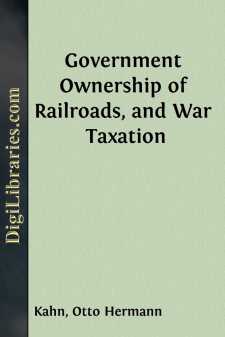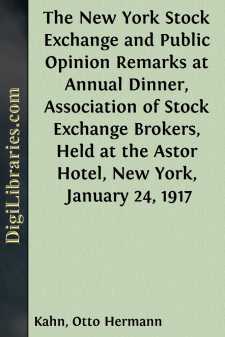Categories
- Antiques & Collectibles 13
- Architecture 36
- Art 48
- Bibles 22
- Biography & Autobiography 813
- Body, Mind & Spirit 142
- Business & Economics 28
- Children's Books 17
- Children's Fiction 14
- Computers 4
- Cooking 94
- Crafts & Hobbies 4
- Drama 346
- Education 46
- Family & Relationships 57
- Fiction 11829
- Games 19
- Gardening 17
- Health & Fitness 34
- History 1377
- House & Home 1
- Humor 147
- Juvenile Fiction 1873
- Juvenile Nonfiction 202
- Language Arts & Disciplines 88
- Law 16
- Literary Collections 686
- Literary Criticism 179
- Mathematics 13
- Medical 41
- Music 40
- Nature 179
- Non-Classifiable 1768
- Performing Arts 7
- Periodicals 1453
- Philosophy 64
- Photography 2
- Poetry 896
- Political Science 203
- Psychology 42
- Reference 154
- Religion 513
- Science 126
- Self-Help 84
- Social Science 81
- Sports & Recreation 34
- Study Aids 3
- Technology & Engineering 59
- Transportation 23
- Travel 463
- True Crime 29
High Finance
Categories:
Description:
Excerpt
The term "high finance" derives its origin from the French "haute finance," which in France as elsewhere in Europe designates the most eminently respectable, the most unqualifiedly trustworthy amongst financial houses.
Why has that term, in becoming acclimated in this country, gradually come to suggest a rather different meaning?
Why does there exist in the United States, alone amongst the great nations, a widespread attitude of suspicion, indeed in many quarters, of virtual hostility, toward the financial community and especially toward the financial activities which focus in New York, the country's financial capital?
There are a number of causes and for some of them finance cannot be absolved from responsibility. But the primary underlying and continuing cause is lack of clear appreciation of what finance means and stands for and is needed for. And from this there has sprung a veritable host of misconceptions, prejudices, superstitions and catch-phrases.
Never was it of more importance than in the present emergency that the people should have a clear and correct understanding of the meaning and significance of finance, indeed of "high finance," and that they should approach the subject calmly and dispassionately and with untroubled vision, for when the European war is over and the period of reconstruction sets in, one of the most vital questions of the day will be that of finance and financing.
The handling and adjustment of that question, although it primarily concerns Europe, cannot fail to affect America favorably or unfavorably, according to the wisdom or lack of wisdom of our own attitude and actions.
A great many things are being and have been charged in the popular view against finance, with which finance, properly understood, has nothing to do.
The possession of wealth does not make a man a financier—just as little as the possession of a chest of tools makes a man a carpenter.
Finance does not mean speculation—although speculation when it does not degenerate into mere gambling has a proper and legitimate place in the scheme of things economic. Finance most emphatically does not mean fleecing the public, nor fattening parasitically off the industry and commerce of the country.
Finance cannot properly be held responsible for the exploits, good, bad or indifferent, of the man who, having made money at manufacturing, or mining, or in other commercial pursuits, blows into town, either physically or by telephone or telegraph, and goes on a financial spree, more or less prolonged.
Finance means constructive work. It means mobilizing and organizing the wealth of the country so that the scattered monetary resources of the individuals may be united and guided into a mighty current of fruitful co-operation—a hundredfold, nay ten-thousandfold as potent as they would or could be in individual hands.
Finance means promoting and facilitating the country's trade at home and abroad, creating new wealth, making new jobs for workmen.
It means continuous study of the conditions prevailing throughout the world. It means daring and imagination combined with care and foresight and integrity, and hard, wearing work—much of it not compensated, because of every ten propositions submitted to the scrutiny or evolved by the brain of the financier who is duly careful of his reputation and conscious of his responsibility to the public, it is safe to say that not more than three materialize....














